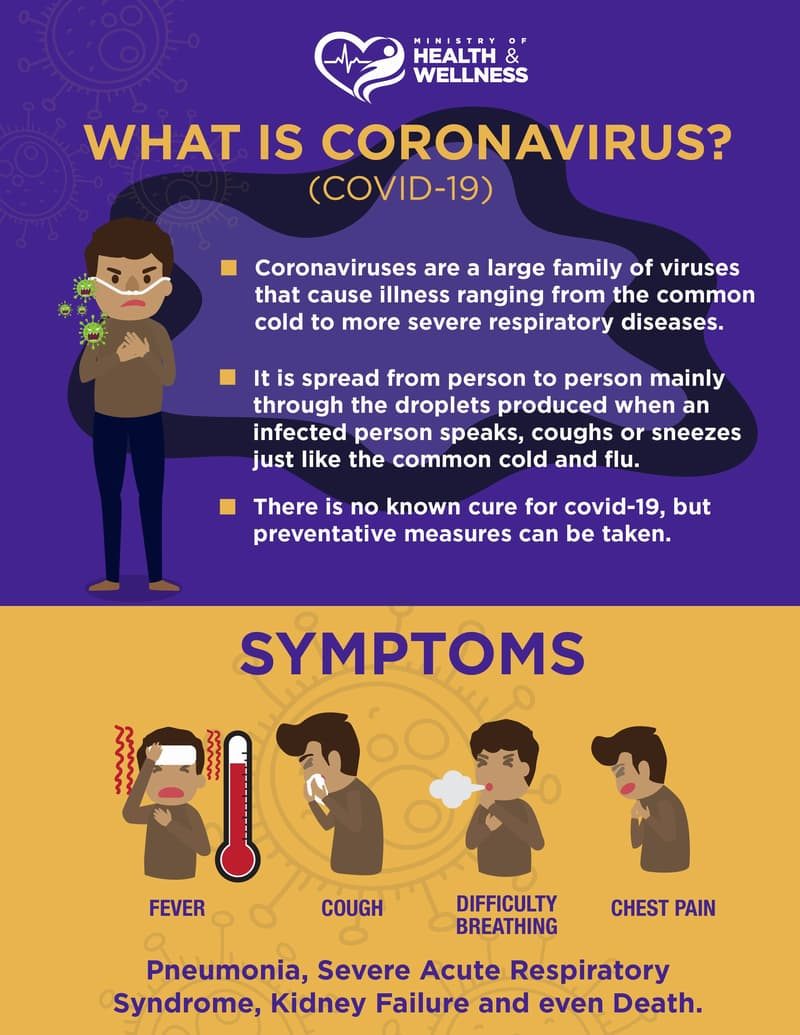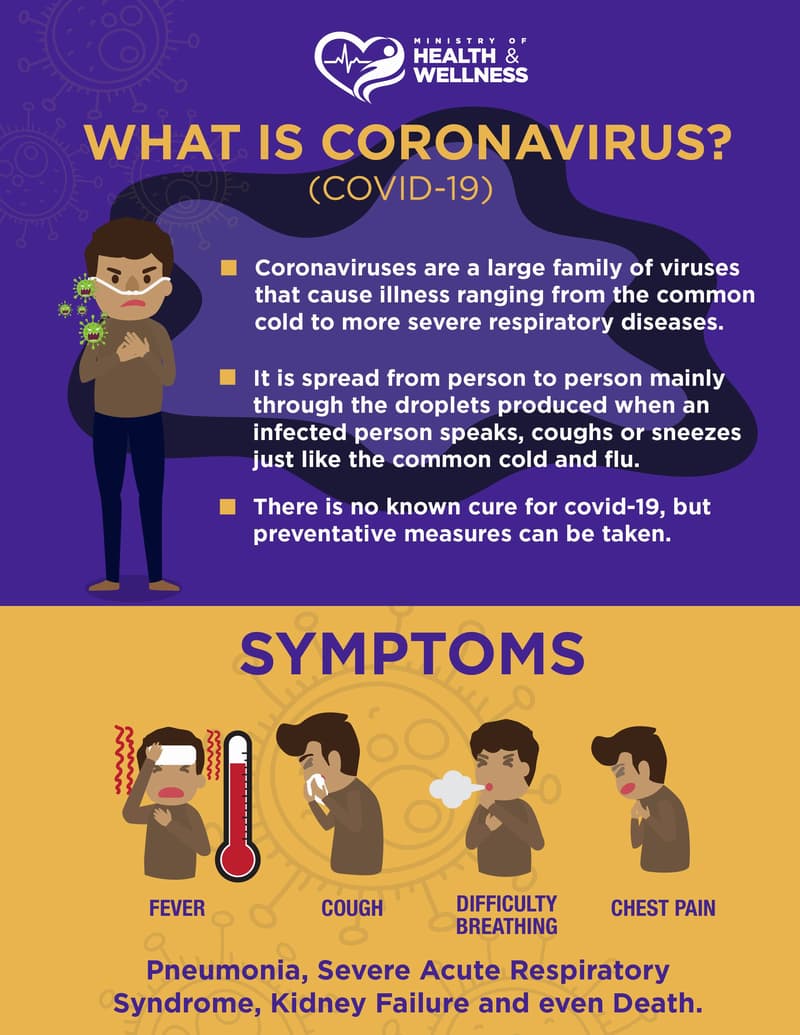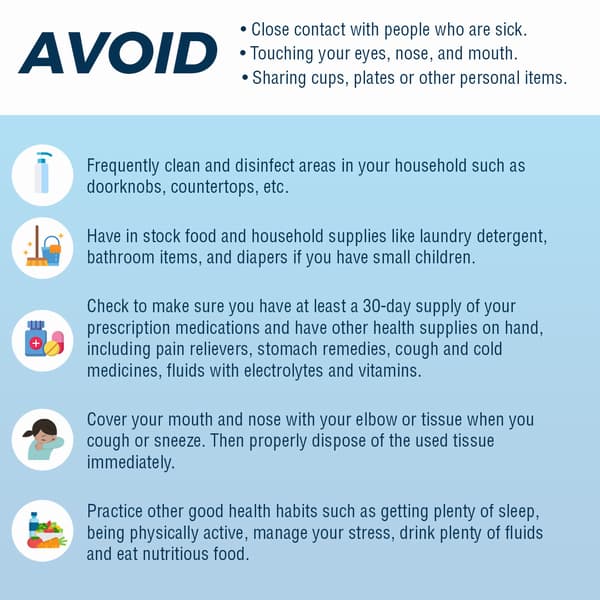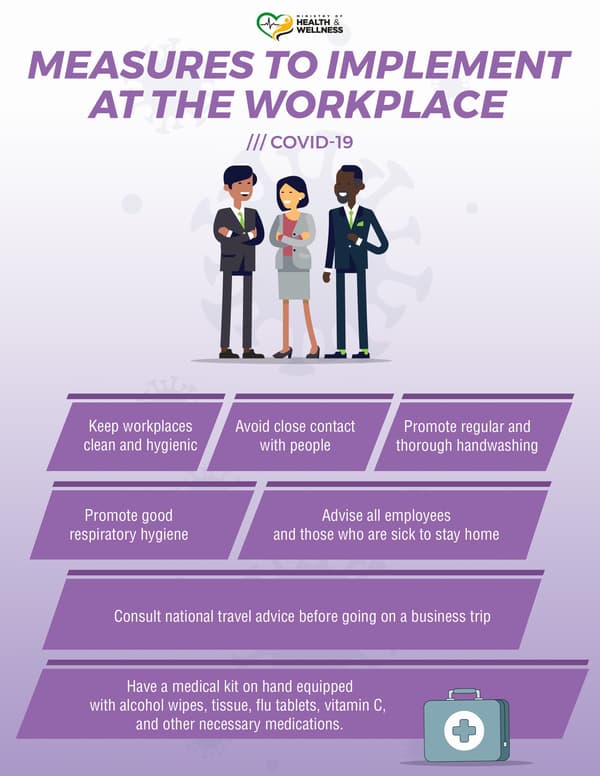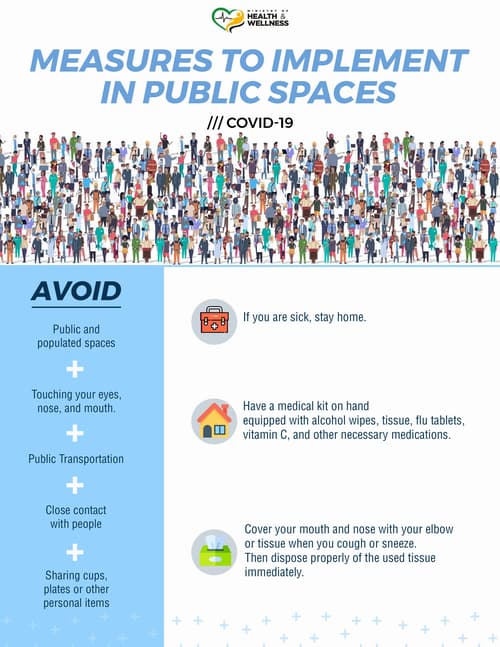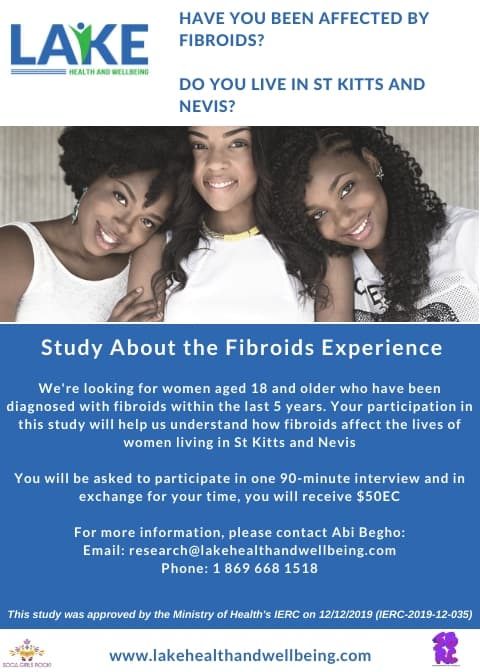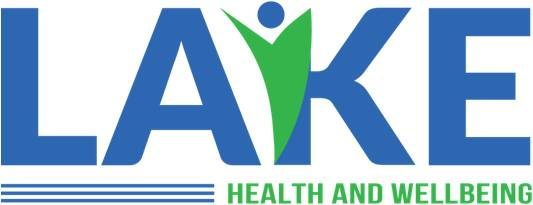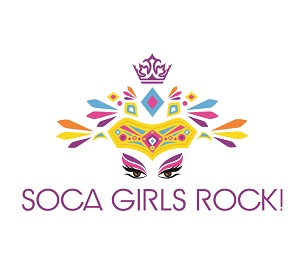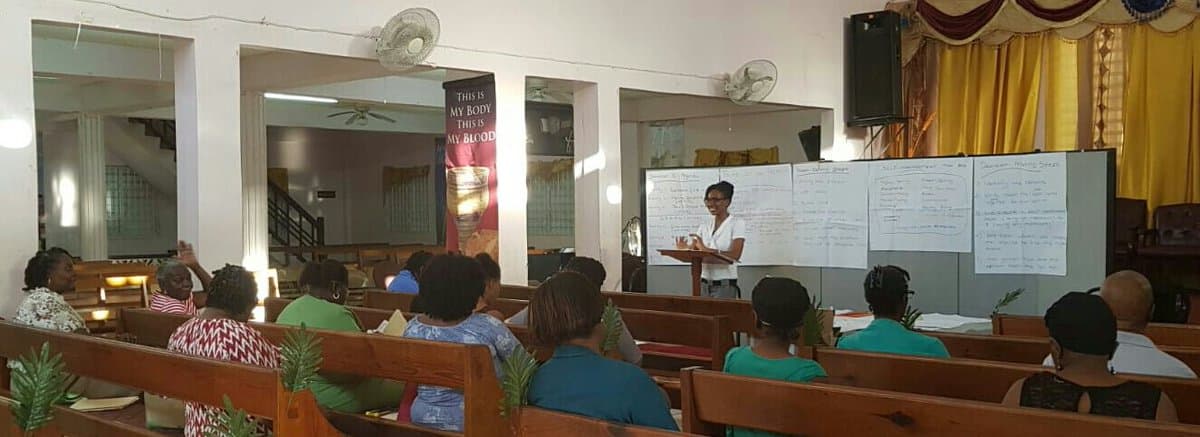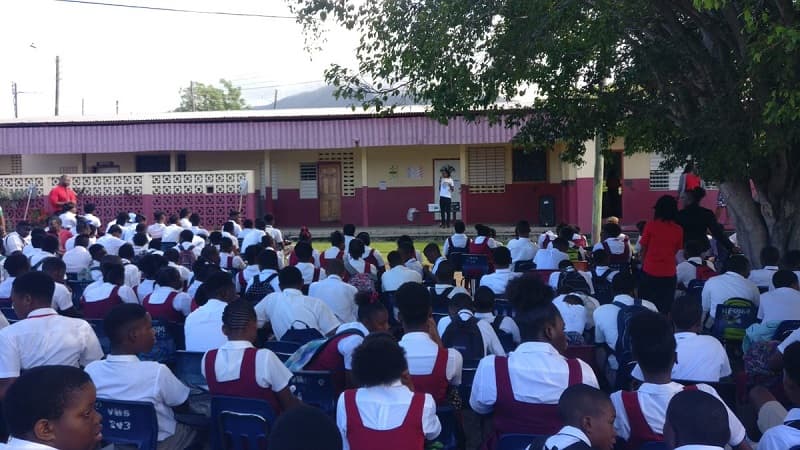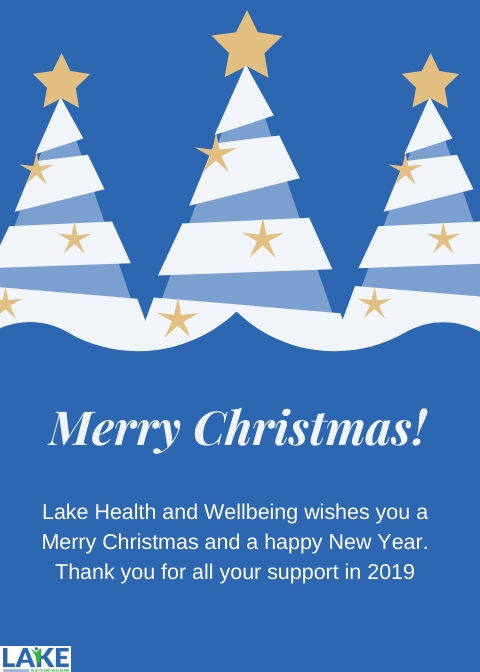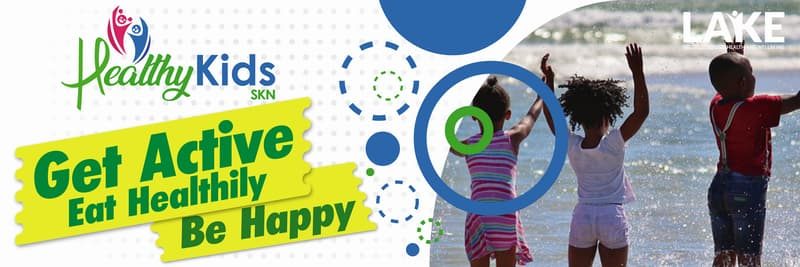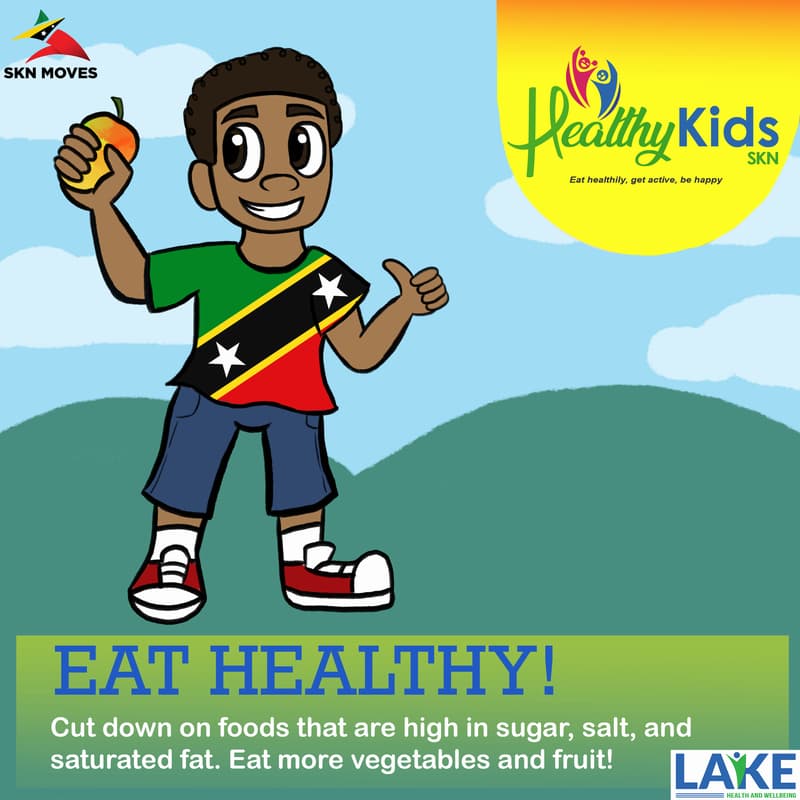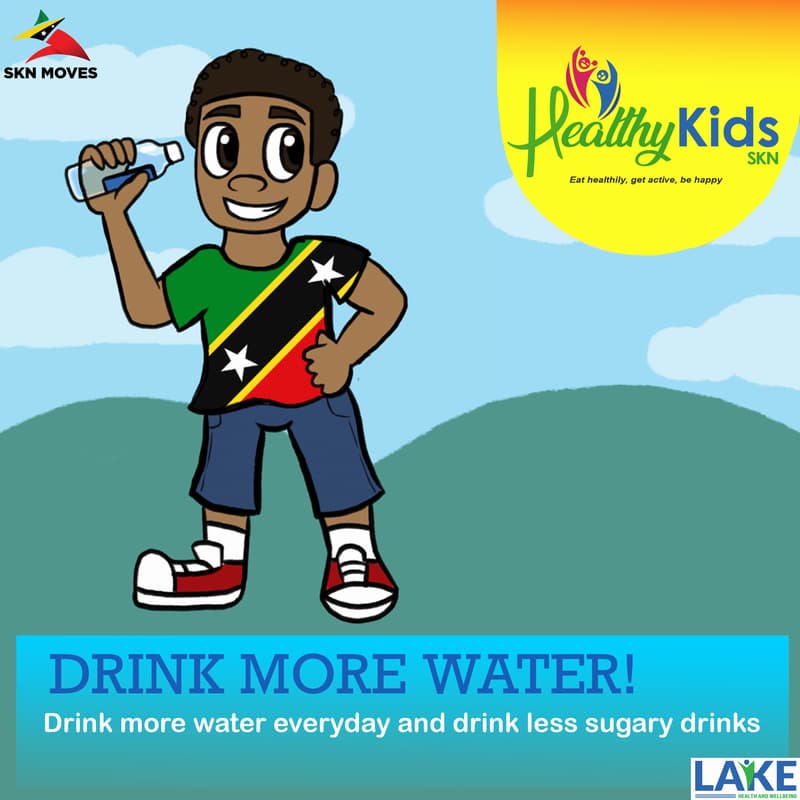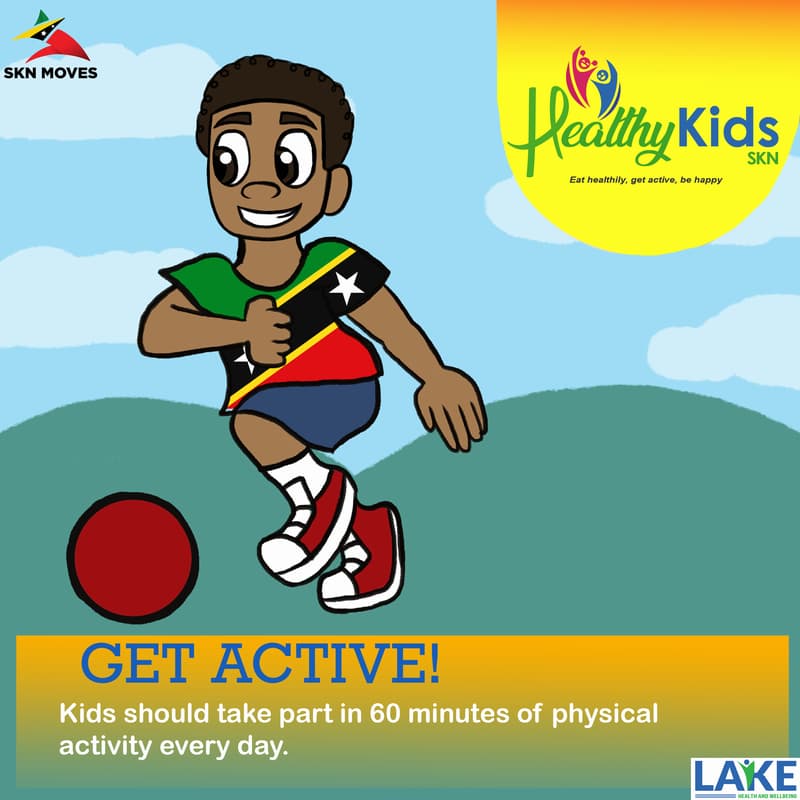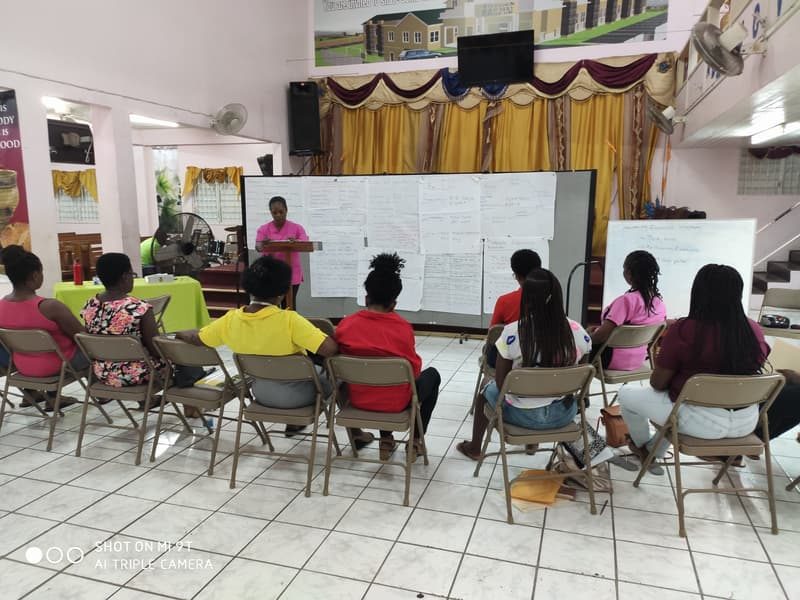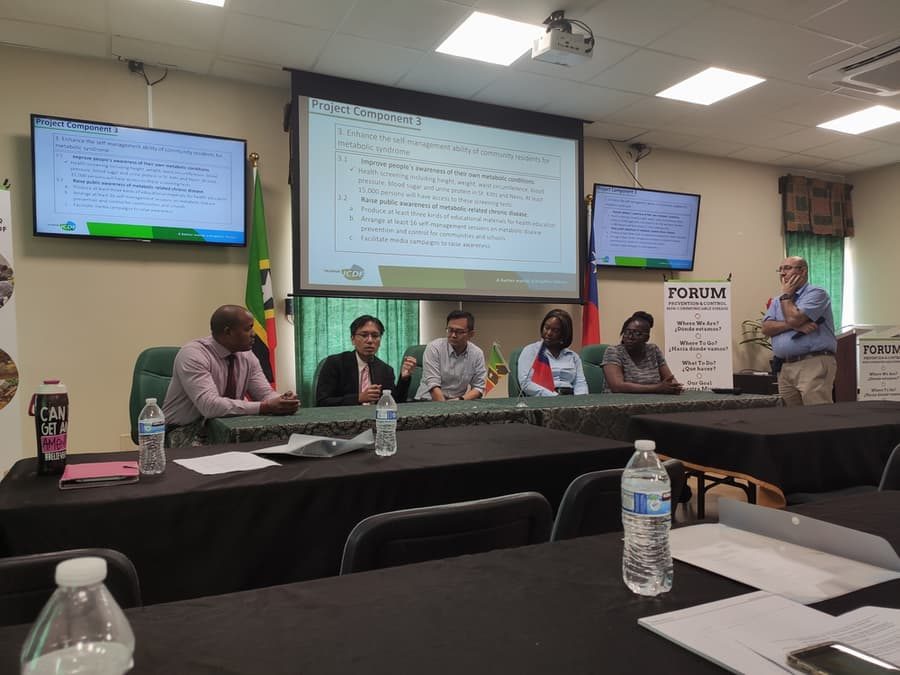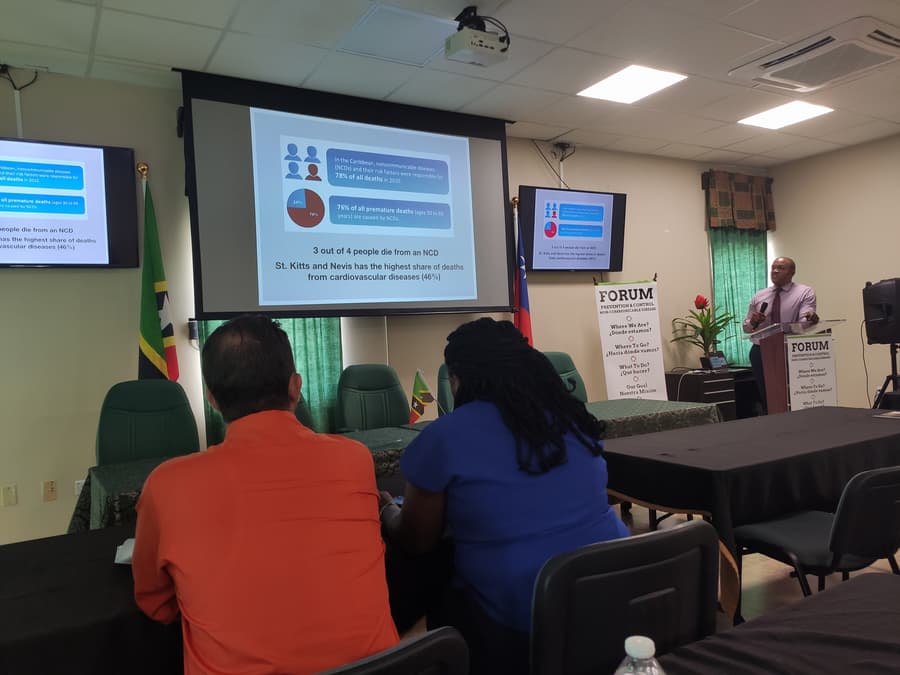Today, we are delighted to share with you a guest blog post from Dyna Criss.
Dyna holds a degree in health and fitness, has worked as a health instructor for over a decade with a number of prominent health-related organizations and is a writer at heart.
In this guest blog post, Dyna discusses how you can maintain a healthy weight by practising mindful eating.
People who want to maintain the right body weight can try mindful eating. Often, while eating, we can become preoccupied, distracted by our thoughts and others around us. Mindful eaters stay in the present moment and truly focus on the task at hand. Mindful eating requires that we eat slowly and reflect on why we’re eating, savour the taste of our food and listen to our body so that we pick up on our body’s signal of when we’re full, to avoid overeating.
Research suggests that mindful eating can help improve our eating habits and address binge eating, as well as eating for comfort.
Mindful eating can be challenging so below are some tips and tricks to help you get started
Reflect
Before eating try pausing for a moment. Now, think about how you are feeling. Are you stressed? Hungry? Bored? Happy? Ask yourself, what you want and what your body needs? After getting the answer to these questions, you can then choose the right food, at the right time and in the right quantity.
Take A Seat
You should never eat in a rush. First, take a seat, get comfortable and then start eating. You will not be able to enjoy your meal or track your food intake if you are in a hurry or multitasking.
Turn off the TV and Put Away Your Phone
Many people watch TV or interact with their phone while eating. These are significant distractions, that prevent us from being aware of the taste and quantity of what we are eating.
Be Aware of Your Portion Size
If you have purchased something to eat from a food vendor, eating it directly from the package can lead to overeating as we feel obligated to eat everything in one sitting. It is better to place a small portion on a plate and tackle that, let it digest and if you’re still hungry, add another small portion. If there is any leftover, you can save the rest for another time. If you’re cooking at home, be aware of what a serving size is and then make sure you adjust your portion size accordingly, so you don’t consume more than you realise.
Use Smaller Plates
If you see less than your stomach will crave less. Try using a smaller plate that will help you to eat adequately, but not excessively. A small plate size is a simple way to control the quantity of food you eat.
Be Thankful
Before having your meal, take a break for a minute and acknowledge and appreciate what it has taken to get every piece of food on to your plate. From farmers and factory workers to the chefs and your dining companions as well as your job that provides the resources to buy what you eat, there is much to be thankful for. When you pause to acknowledge this, you will develop a deeper appreciation and respect for the food you eat and this can positively affect your eating habits.

Chew At Least 30 times
After having each bite, try to chew at least 30 times. Not only does this enable you to enjoy the flavour and texture of your food, but it prevents overeating by giving your gut time to send a signal telling your brain you are full before you overindulge.
Put down Your Knife and Fork
Many times, when we eat, we’re in a rush so we are ready to take our next bite before finishing what’s already in our mouth. Try putting down your knife and fork, sitting back, relaxing and enjoying what you’re currently eating. Try to refrain from picking up your knife and fork until you have swallowed what’s in your mouth.
You Can Leave Something On Your Plate
As kids, we were taught to finish all the food that was on our plate. We were not allowed to leave the table until our plate was empty. This has led to many of us overeating and not recognizing when we’re really full. It’s better to take your time, listen to your body and when you start to feel full, stop. To avoid waste, simply pack what is left for another time.
Try Solitude and Silence
Every now and again, try eating in a quiet, tranquil environment. Silence can be challenging as our minds can wander so try to acknowledge any thoughts you may have and then swiftly return to the present moment and enjoy your meal.
Also, most of us like to eat with friends, family or colleagues which is nice but can be distracting. Mealtimes can be a good opportunity to have some me-time, a break from chores, work or the busyness of the day. Try eating alone sometimes and use this time to truly appreciate your mealtime, it may be the only time you get to relax especially during the working week. It also gives you the opportunity to be more food-conscious and really enjoy what you’re eating.
Final Words
Mindful eating offers various benefits. It is helpful for those who want to lose weight and stay fit, makes us more aware of the types of food we are consuming and encourages us to make better food choices. Through mindful eating, we can improve our eating style and habits, stay healthy and maintain our optimum weight.
Let us know what you think about mindful eating in the comments section below and if you try mindful eating, please share your experience with us, we’d love to hear how it went.
Sources
- https://www.wikihow.com/Practice-Mindful-Eating
- https://www.ncbi.nlm.nih.gov/pmc/articles/PMC5556586/https://www.ucsf.edu/news/2016/03/402171/mindful-eating-meditation-may-lead-better-metabolic-health
- https://scholar.google.com/scholar?hl=en&as_sdt=05&q=mindful+eating+researches&btnG=
- https://careactive.com/
Picture Credits
Tobias Nii Kwatei Quartey
Pablo Merchán Montes







